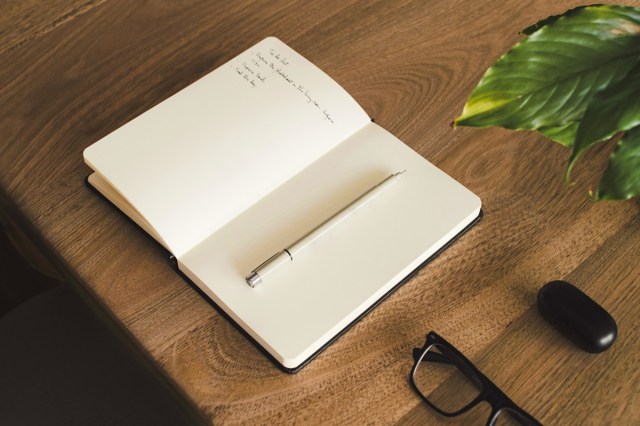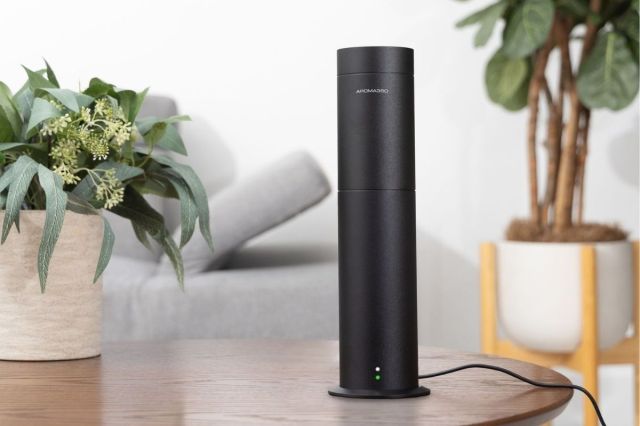There are 24 hours in a day… but they’re not at all used equally. This feels especially true when you have a full to-do list and just one day to complete it. Even with scheduled work time and a hefty dose of motivation, it can feel like your ability to get things done starts to slump throughout the day. If you find yourself slogging through your work day the longer it goes, you may have exited the most productive time of day. Turns out, there’s a daily window when you’re most likely to be at the top of your game — here’s how to find it and harness it.

Mornings Tend To Be Most Productive
While not everyone is an early bird, polls show most people find early mornings to be the most productive part of their day. Early mornings tend to have fewer distractions before the day gets going, allowing workers to concentrate on detail-oriented assignments. Plus, research shows that sleeping well the night before clocking into work can help boost job performance, creativity, and focus, all factors that help catapult you through the day’s checklist. However, all that beneficial energy tends to taper off throughout the day, with productivity dipping sometime between 11 a.m. and 1 p.m.

Mondays Are The Most Productive Work Day
There isn’t just a best time of day to get work done — there’s also a best day of the week. Monday mornings tend to be the most productive time of the workweek, and scientists say it may have something to do with the “fresh start” effect. Dates that are meaningful or feel like a new beginning — say the start of a new week, month, or year — trick our brains into feeling more motivated and capable. Some research shows that diving into a new goal or project at the top of the week produces better results than Thursday or Friday.

There’s a Least-Productive Time of Day, Too
The pesky “post-lunch slump” is a common productivity pitfall, though there’s more to it than just feeling tired after a big meal. The foods we eat for lunch do have an impact — scientists believe that less-than-healthy options packed with sugars and fats overload the digestive system, which scales back how much oxygen reaches our brains. This whole process can make you feel more groggy and ultimately less productive, though your meal is not entirely to blame.
Researchers believe that our ability to focus tends to continue declining as the day goes on due to our circadian rhythm, which dips between 2 and 5 p.m. From there, productivity tends to reach its lowest point between 3 and 6 p.m. While some people experience a bounce-back in the later evening hours, these second winds of work power are typically reduced after a long day and never reach the same heights as the morning workflow.
Reader Favorites

How to Make the Most of Your To-Do List
These ebbs and flows in brain power can feel annoying, though knowing when they occur can help you maximize time. Scheduling tasks that require focus and attention to detail earlier in the morning can help you hone in on work. And instead of diving into your email backlog first thing in the morning, shift this and other less-demanding tasks such as administrative work to the afternoon when you’ve hit a concentration wall. However, there are some times when the day’s demands require you to power through until 5 p.m. — in which case, taking a 15-minute break or nap when you feel the most unproductive can give your brain the boost it needs.
More From Our Network
Better Report is part of Inbox Studio, an email-first media company. *Indicates a third-party property.

















